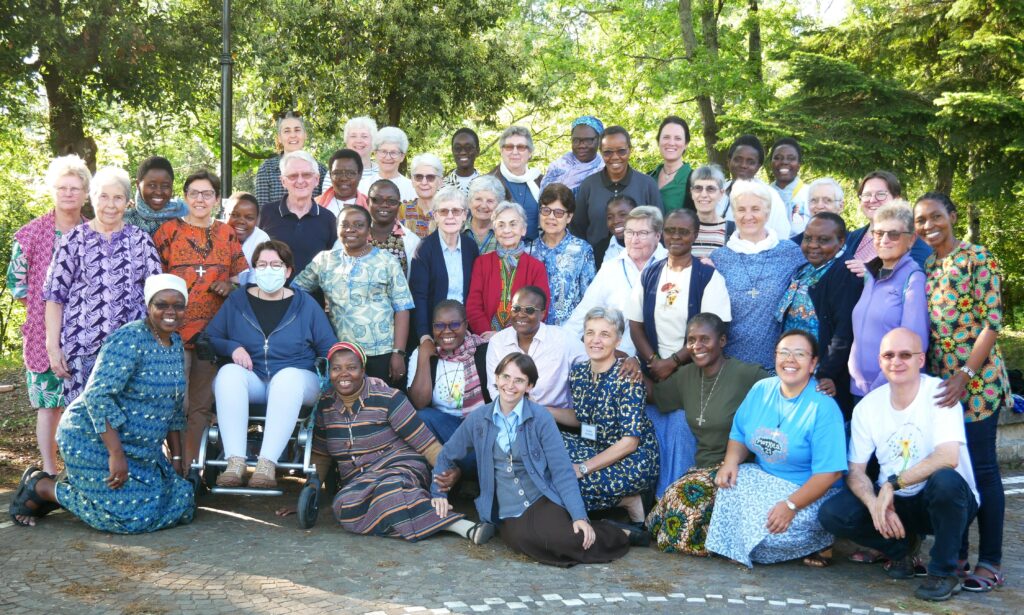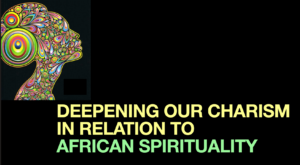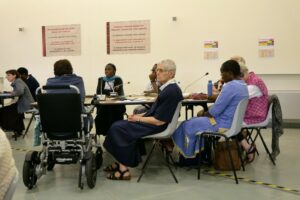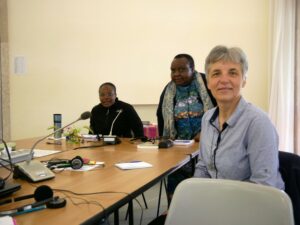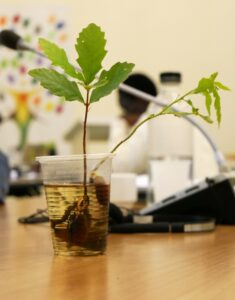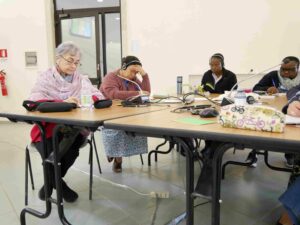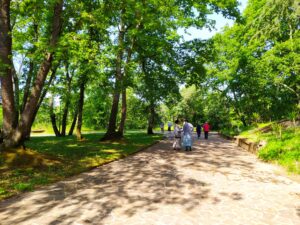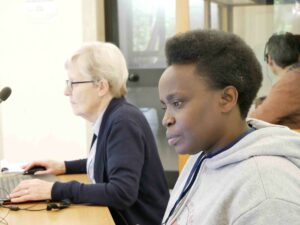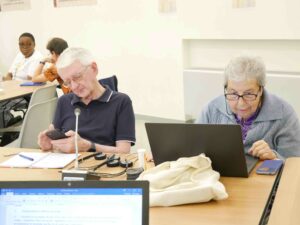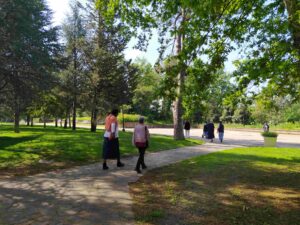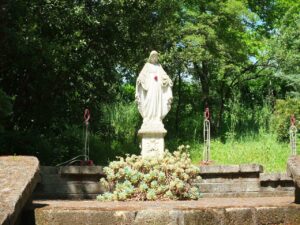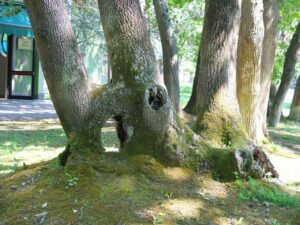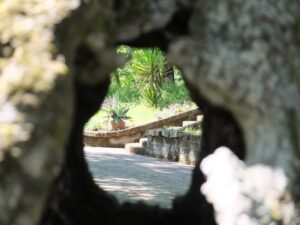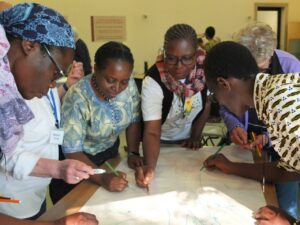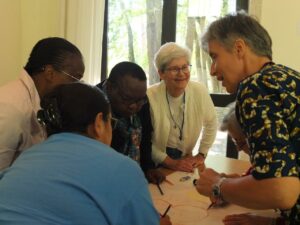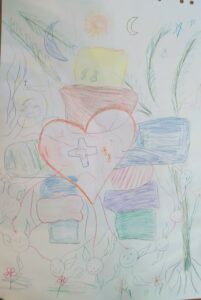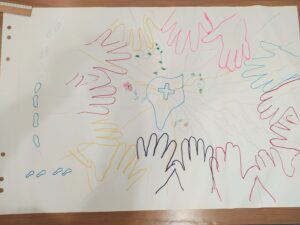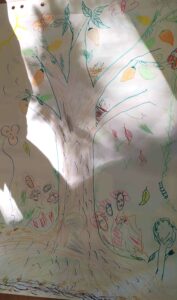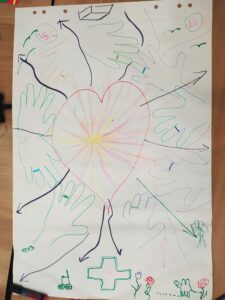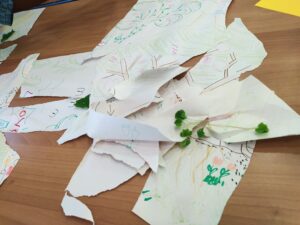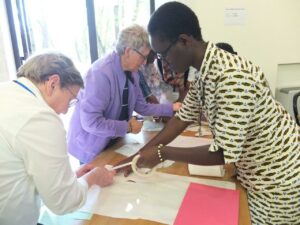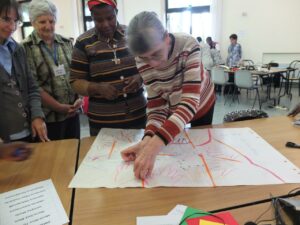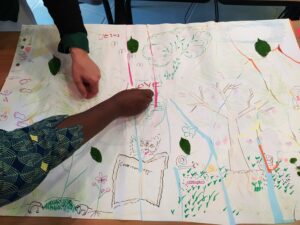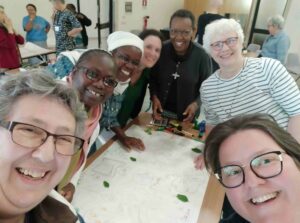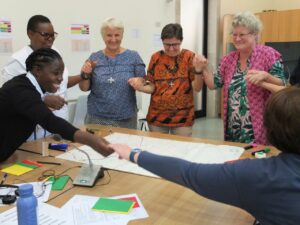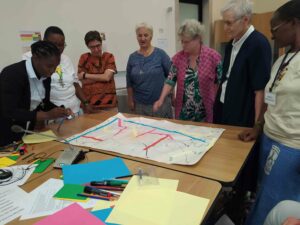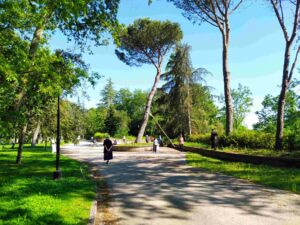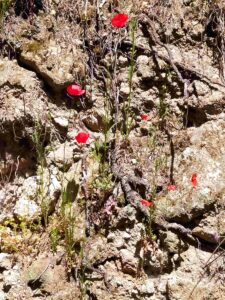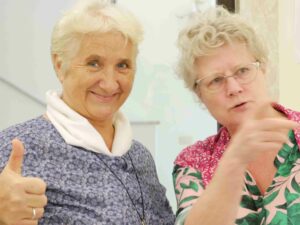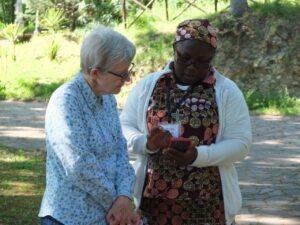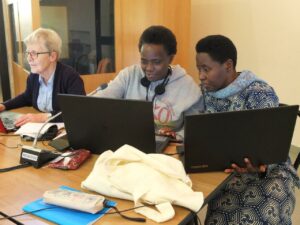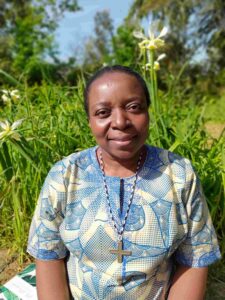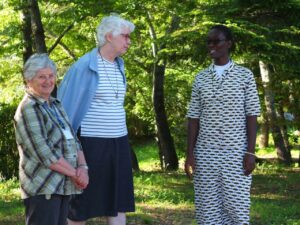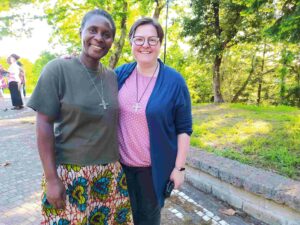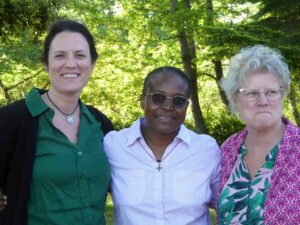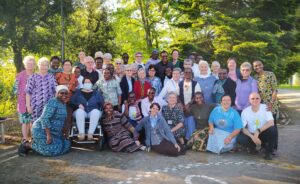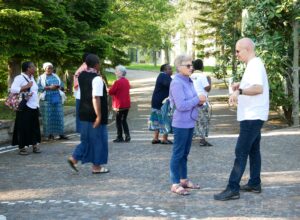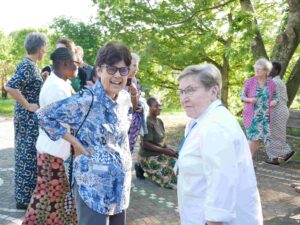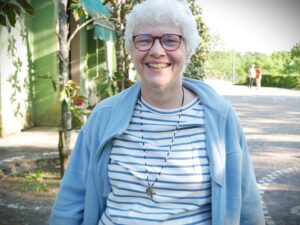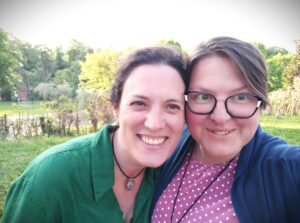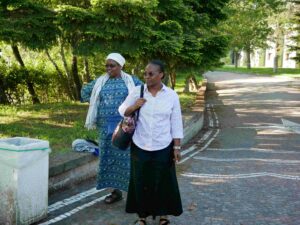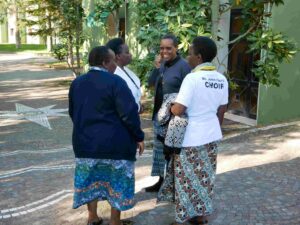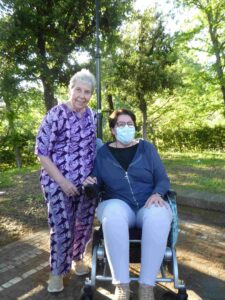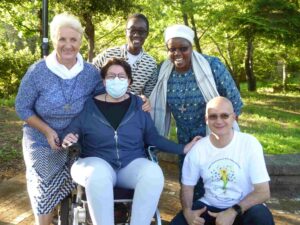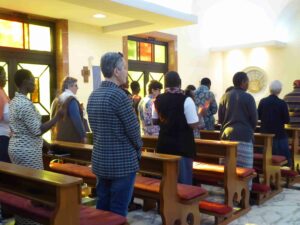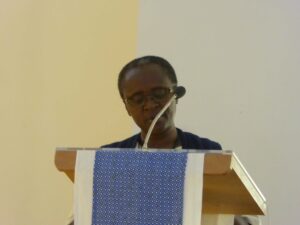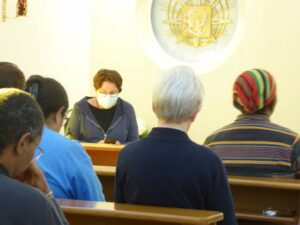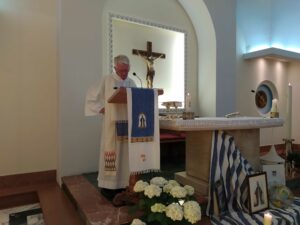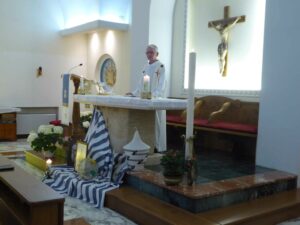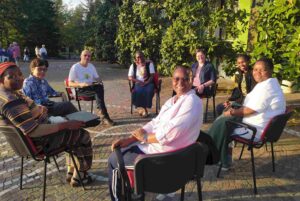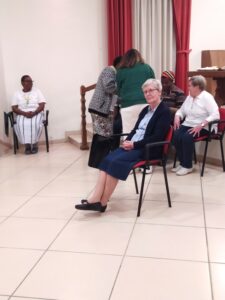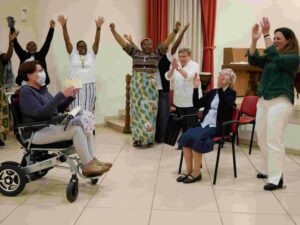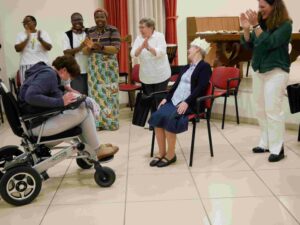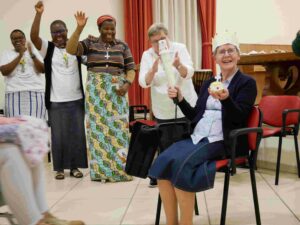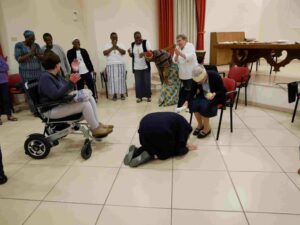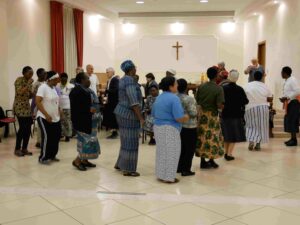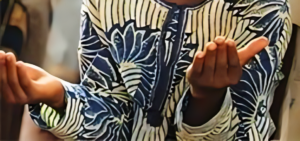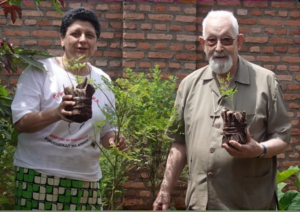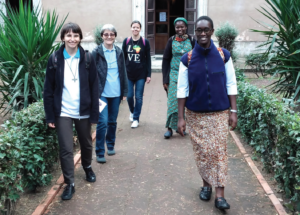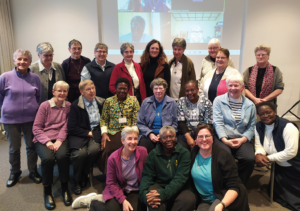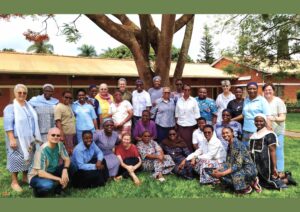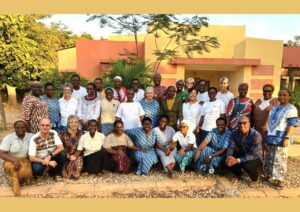The morning prayer was centered on the Transforming love of the Risen Christ. Then the capitulants looked at the journey done the evening before, regarding the MSOLA identity.
Framing the Agenda on Key Area “Spirituality”, the Co-Facilitators, Selina and Yago, brought in the new insights and awareness that was integrated in the Butterfly Framework. These new insights were borrowed from the Book Paradoxology by Sr. Marie Therese Winter – Chapter on Spirituality in a Quantum Universe.
The Butterfly Framework calls us to learn from nature and to normalize chaos and confusion…. darkness…. long periods of unknowing…waiting…trusting the natural process etc.….
In her book, M.T. Winter explains the quantum world. This is the world that is smaller than an atom. Things at this scale don’t behave the same way as objects that we can see. The quantum theory points towards a fundamental unity in the universe behind the observable reality. The feeling of unity beneath life’s diversity resembles also key concepts from ancient spiritual traditions providing parallels to the way reality is represented and understood. Though the universe appears to be extraordinarily complex and diverse, it is fundamentally unified. In the same way, profound meditative states reveal that at some fundamental level, we are united with each other and with all of reality.
In the quantum world, the unpredictable is certain; the uncertain is predictable and the only constant is change. The quantum universe is telling us that we are all connected, that the God of one is the God of all, that diversity is a blessing, that the suffering of any of Earth’s people or any part of the planet is a destruction of us all. And the Butterfly Framework offers us the opportunity to delicately explore some of these levels of reality.
Chaos is an organizing principle of our quantum universe. Life springs from chaos, is formed, and then transformed. Chaos is life as it is, not as we would like it to be; or as most spiritual directives suggest, we discipline ourselves to be. Chaos, like the air we breathe, is an existential element of what we do and who we are. In a quantum universe we have to make friends with chaos. All living organisms hate the innate capacity to order and so, transform themselves. What may seem completely chaotic to us is nature’s way of reorganising and effecting systemic change. The smallest change in a quantum matrix can have huge repercussions. (Butterfly effect). This means we have to be attentive to what is coming out of each small change, because it may have a great impact.
Looking at the drawing of the African woman full of colours, the capitulants shared on aspects of the African culture and spirituality that could colour the MSOLA spirituality. Some of the aspects mentioned were: the ubuntu (“I am because you are,” I am because I belong), the Makonde family tree, interconnectedness, solidarity, mutual support and the importance of the community and the extended family, respect for nature, the link between the living and the dead, sacredness of nature and of some specific places, beauty of diversity, openness, welcoming, interdependence, being all to all creation, joy, death as an essential part of life, peaceful resolution of conflicts through joking kinship, keeping your word, expression of feelings through music and dancing. Many of the African values are common with MSOLA values and we must not forget that the MSOLA congregation was born in Africa.
Each working group was asked to draw in 20 min. on a large sheet of paper, without speaking, the ideal picture of the MSOLA. Then each group walked around to see the beauty of the other representations. Back to their places, they were asked to destroy it… and once destroyed they had 20 min. to rebuild it from the broken pieces. Then followed a sharing on the feelings at the different stages.
From a story Fr. Dave told us he learnt that any dancer needs to listen to the rhythm of the music in order to move the feet and the body to the rhythm of the music. The way we dance depends on the type of music. This lesson is also true in our personal and spiritual lives. Our relationship with God can be compared to a dance; and so, we need to listen to God’s music to move to its rhythm. And when God changes the rhythm of God’s music, we have to change our way of dancing. This means, listen attentively to the rhythm of God’s music: we call this discernment.
And dance to the rhythm of God’s music: we call this obedience.


